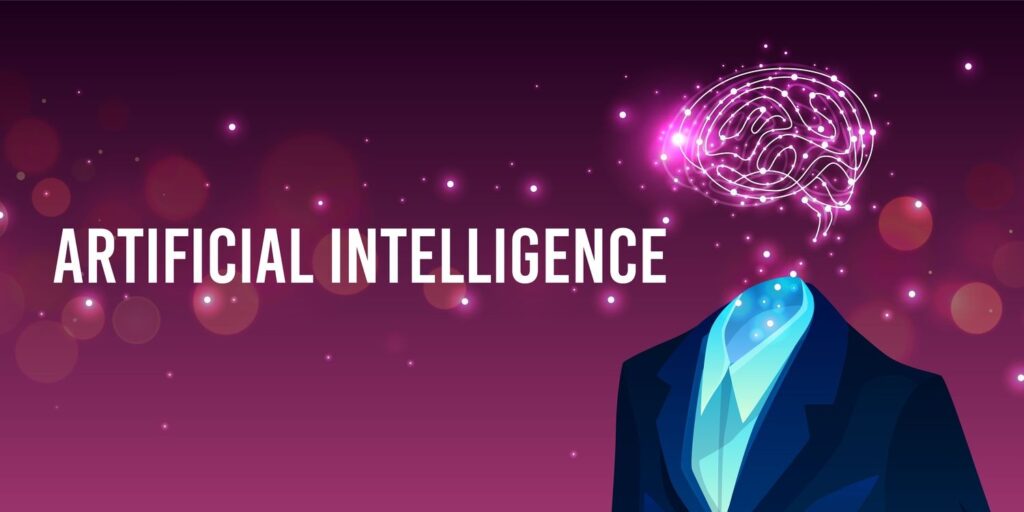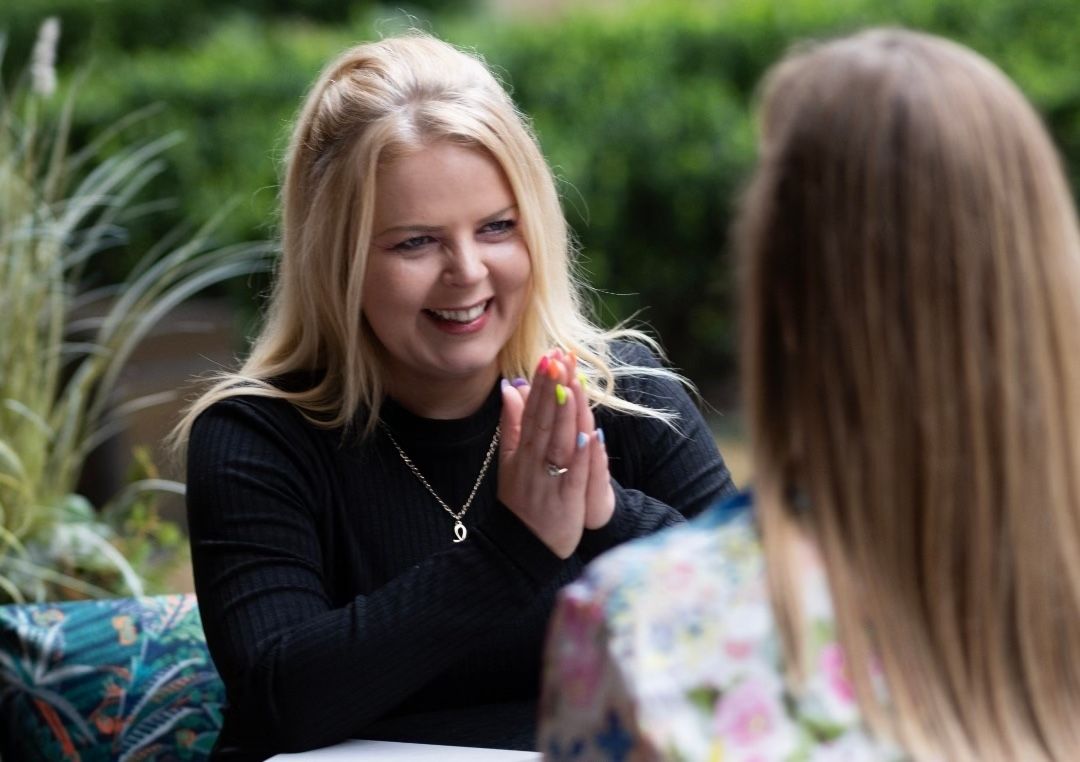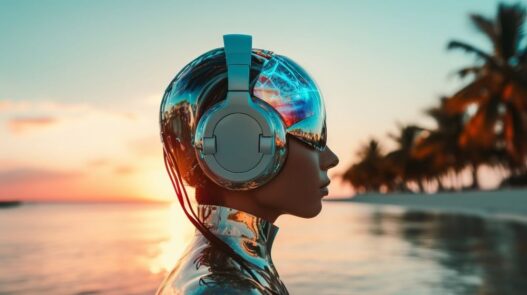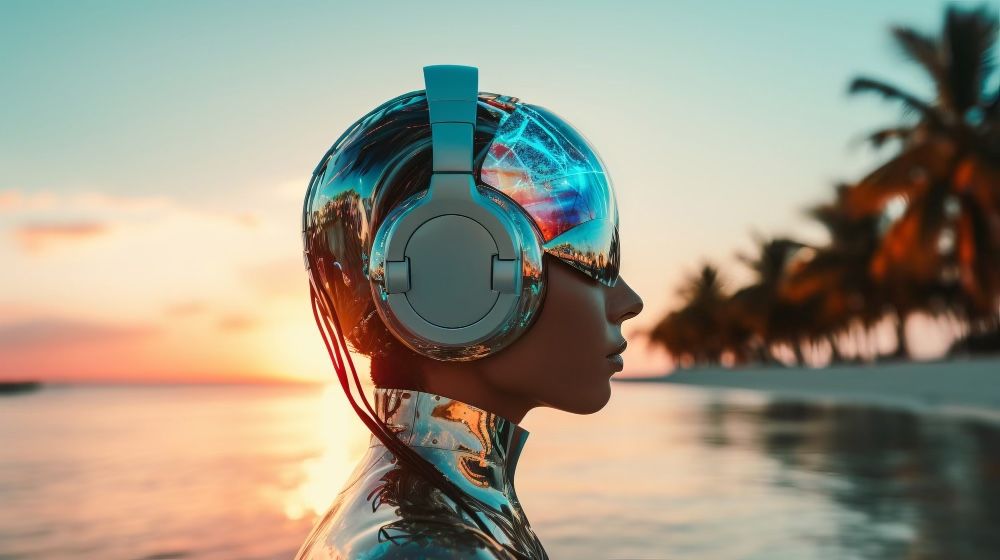Be aware of the real dangers of AI on your emotional health and on your mind and know why humanity must lead.
There’s a lot of excitement around artificial intelligence (AI) — and rightly so. It’s fast, capable, and transforming how we live and work. From chatbots that answer our questions in seconds to algorithms that write, design, and even make decisions, AI is no longer science fiction. It’s here, and it’s powerful.
But amidst the buzz, we must stop and reflect: just because something can be done doesn’t mean it should be. As AI grows in sophistication, we are called to ask deeper questions — not just about what AI can do, but about what it might undo.
As a therapist, coach, and speaker, I work with people navigating identity, purpose, and connection. And one thing is becoming increasingly clear: AI may be advancing, but many humans are unravelling.
Let’s explore the real dangers of AI — not to incite fear, but to invite awareness.
The Real Dangers of AI
Emotional Erosion
AI can simulate human interaction — but it cannot replicate human presence. It can generate affirmations, scripts, and even therapeutic-style questions, but it cannot feel pain, hold space, or sense when someone is about to break.
More and more people are turning to AI for support whether it’s for journaling, advice, or even companionship. But healing doesn’t come from information alone. It comes from resonance. Being seen. Being understood by another human being.
The danger is not that AI will take our jobs. The danger is that we may begin to believe we are replaceable. And we are not.
The Hole In Our Purpose
Work is more than a way to earn, for many, it’s where they find value, routine, and contribution. But as AI automates more tasks, people risk losing not just employment, but identity.
Imagine being replaced by a programme that doesn’t sleep, doesn’t complain, and costs nothing after installation. It’s already happening in customer service, administration, and content creation. The shift is silent, but seismic.
Without meaningful work or a sense of contribution, people start to question their worth. And when that happens, mental health suffers.
The real danger of AI is not just an economic issue — it’s a soul issue.
Manipulated Minds
AI is designed to predict our behaviour, respond to our patterns, and serve content that keeps us engaged. The problem? It’s too good at it.
From hyper-targeted ads to deepfakes, AI is being used to sway emotions, political views, even purchasing decisions,.often without us realising. Subtle nudges in what we see, what we hear, and what we believe.
Over time, we may lose touch with our own intuition, outsourcing our thinking to algorithms that don’t have our best interests at heart. It’s a slow, invisible erosion of self.
What’s more, children and teenagers are especially vulnerable. Growing up in a world of filtered reality and AI-generated influence, they risk losing the ability to discern what’s real, and who they really are.

What Can We Do?
This isn’t about rejecting AI. It’s about guiding it consciously. We must ask: What kind of future are we creating, and who are we becoming in the process?
Here’s what we can do right now:
Strengthen Emotional Intelligence
Teach empathy, active listening, and emotional regulation as essential skills at school, in leadership, in families. These are the abilities AI cannot replicate.
Protect Human Connection
Value real conversations. Invest in people, not just platforms. No machine can replace a hug, a look of compassion, or the sacred silence of being with someone in their pain.
Create Ethical AI Boundaries
Push for transparency. Who is programming the AI? What values guide it? We need accountability and regulation that prioritises humanity over profit.
Stay Rooted in Purpose
If your work could be replaced by AI, it may be a call to evolve, not to fear. Ask yourself: what can I do that no machine ever could? What unique gift do I bring to the world?
Empower the Next Generation
Teach children not just how to use technology, but how to question it. Encourage creativity, critical thinking, and confidence in their voice, so they are not swayed by every algorithmic suggestion.
Key Takeaways
– AI is a powerful tool, but it must never replace the human soul.
– The biggest and real dangers of AI aren’t technological — they’re emotional, ethical, and existential.
– You are not replaceable. Your presence, intuition, and lived experience matter.
– The future needs conscious leaders, not just clever machines.
Let AI do the tasks, but let us lead with heart.
As coaches, therapists, creatives, and guides, we are not being left behind. We are the ones humanity will look to when the noise gets too loud and the pace too fast.
In this time of rapid change, let’s not just ask what AI can do. Let’s ask what it cannot.
Let’s double down on the things only humans can offer: love, courage, creativity, and healing.
Let’s keep hearts ahead of algorithms.

Louise Slattery, Dip Hyp, Clinical Hypnotherapist, The Mind Lady- Award Winning Coach, Speaker, Author and Podcast Host, is passionate about assisting people to achieve their dreams and goals in life with the power of Hypnotherapy, NLP and personal development. She also helps and guides people recovering from their traumas and those affected by low-esteem issues. Louise is based at London, UK.










